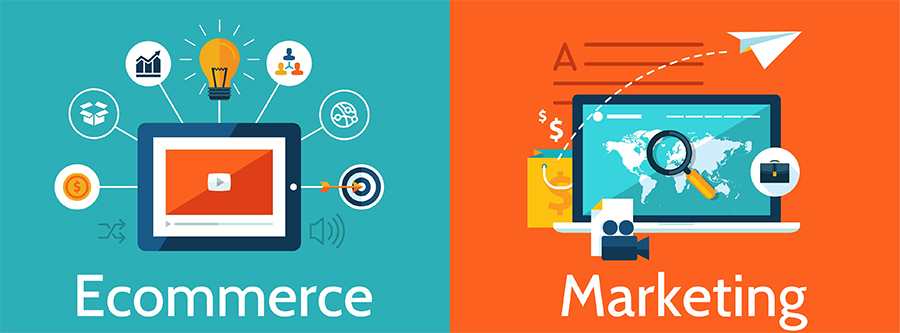
In the ever-evolving landscape of digital commerce, having an effective ecommerce marketing strategy is crucial for businesses looking to thrive online. To navigate this dynamic realm successfully, you need a roadmap that encompasses all aspects of ecommerce marketing. In this article, we’ll delve into the intricacies of ecommerce marketing strategy, providing you with actionable insights and expert advice.
Ecommerce Marketing Strategy: The Foundation of Online Success
Ecommerce marketing strategy is the cornerstone of a prosperous online business. It’s not just about selling products; it’s about creating a seamless, engaging, and personalized shopping experience for your customers. Let’s explore the key components:
Understanding Your Audience
Before diving headfirst into marketing tactics, it’s essential to understand your target audience. Conduct thorough market research to identify your ideal customers, their preferences, and pain points. This knowledge will help tailor your strategy for maximum impact.
Crafting Compelling Content for Your Ecommerce Marketing Strategy
Content is king in the digital realm. From product descriptions to blog posts and social media updates, your content should resonate with your audience. Use storytelling, visuals, and interactive elements to engage visitors and keep them coming back.
Search Engine Optimization (SEO)
To boost your online visibility, SEO plays a pivotal role. Implement on-page and off-page SEO techniques to ensure your website ranks high in search engine results. This drives organic traffic and increases your chances of conversions.
Leveraging Social Media in Your Campaign
Harness the power of social media platforms to connect with your audience. Develop a social media calendar, share engaging content, run targeted ads, and interact with followers to build a loyal community.
Email Marketing is An Underate Tool To Be Used
Email marketing remains a potent tool for ecommerce businesses. Send personalized offers, product recommendations, and updates to your subscribers. Building an email list is a valuable long-term asset.
Paid Advertising is Key For Anyones Marketing Strategy
Investing in paid advertising can yield significant returns. Platforms like Google Ads and Facebook Ads allow you to target specific demographics and reach potential customers effectively.
Analyze Your Data for Success
Data-driven decision-making is essential. Use analytics tools to track website performance, user behavior, and the success of your marketing campaigns. Adjust your strategy based on insights.
Ecommerce Marketing Strategy in Action
Now that we’ve covered the foundational elements, let’s see how an effective ecommerce marketing strategy comes together in practice:
Case Study: XYZ Store’s Success Story
Vert & Vogue, a small online and storefront boutique, achieved remarkable growth by implementing a comprehensive ecommerce marketing strategy. By understanding their audience and creating captivating content, they managed to triple their website traffic within six months.
Through strategic SEO efforts, Vert & Vogue products began ranking on the first page of search engine results, leading to a significant increase in organic traffic. They also utilized social media platforms to engage with their audience and showcase their products, resulting in higher conversion rates.
Email marketing played a pivotal role in retaining customers and encouraging repeat purchases. Vert & Vogue sent personalized recommendations to their subscribers, boosting their average order value.
Ecommerce Marketing Strategy FAQs
How do I identify my target audience?
Conduct market research, analyze competitor demographics, and use customer surveys to pinpoint your ideal customers.
Is content marketing necessary for ecommerce?
Yes, content marketing is crucial. It helps build trust, educate customers, and improve your website’s SEO.
What is the ideal email marketing frequency?
The frequency varies but aim for consistency. Sending weekly or bi-weekly emails is a good starting point.
How can I measure the success of my ecommerce marketing strategy?
Use tools like Google Analytics to track key metrics such as website traffic, conversion rates, and revenue.
Are paid ads worth the investment?
Paid advertising can be highly effective if targeted correctly. Start with a small budget and optimize your campaigns over time.
Can a small business compete in ecommerce?
Absolutely. Small businesses can thrive by focusing on niche markets, offering exceptional customer service, and leveraging digital marketing strategies.
Conclusion
In the fast-paced world of ecommerce, having a well-defined ecommerce marketing strategy is your key to success. By understanding your audience, creating compelling content, optimizing for search engines, and utilizing various marketing channels, you can achieve remarkable growth and build a thriving online business.
Unlock the full potential of your ecommerce venture by implementing a robust marketing strategy that resonates with your audience and drives results. Start today and watch your online presence flourish.
